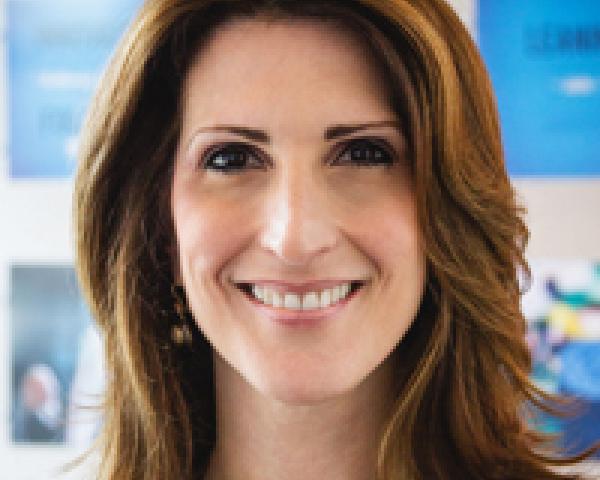There is a growing energy around trying to predict the future of the insurance industry. Much of that energy is aimed at the use of technology and seeing what’s possible when we apply new stuff to our current approach to handling risk.
I’m more interested in the future of handling risk, as that topic gets to the purpose of our industry.
When you look at many of the startup companies attempting to disrupt or reinvent insurance, at the end of the “ultimate” experience, we are still delivering a policy … a hunk of money to replace the financial loss from a seemingly random event.
So what might that future look like? Here are a few possible frames for that answer:
Finding new, emerging risks
Risks are both great and small. Loss of life, health and home are financially catastrophic to most people, and the insurance industry has been keenly focused on these risks for decades or centuries. Smaller risks, like the loss or theft of a phone or credit card, interrupt the continuity of one’s lifestyle but are perhaps not a catastrophe; however, they are a nuisance that insurance can ease. And then there are new, emerging risks that the industry is and should be serving, such as cybersecurity and “overliving” one’s assets.
See also: Shaping the Future of Insurance
Prediction and prevention of risk
There is also a school of thought that suggests the insurance industry should enter the space of prediction and thereby prevention of certain risks. Data is critical to the underwriting of all kinds of insurance and is traditionally used to set rates. This includes weather patterns, health statistics and lifestyle information. Why not turn this data outward and offer products and services that let consumers in on the patterns, perhaps helping them to avoid risk in the first place? This is smart; however, I am not sure the insurance industry is wired to provide services vs. products.
What about power?
Where does the power from the current insurance model come from? While we have many experts who know a lot about the numbers, stats and so forth, the power really comes from the raw material that makes insurance: people and their money.
While the thought of people being the raw material for insurance may conjure up science fiction scenes akin to the classic film “Soylent Green,” it’s actually true. Getting people to pool their money together for common good is a powerful thing. It gives people with few resources the ability to financially hedge against risk even though they are not wealthy enough to replace their own losses.
Where else does similar power exist? One example is utilities. We love to hate our energy companies, water providers, phone service companies and internet providers. But, really, they are doing the same thing — pooling people’s money together to create access to something we couldn't do individually. You can say the same thing about toll roads, trains and other services we share with strangers every day.
We tend to see these commonly shared amenities as basic human entitlements — civilization, the thing that separates us from the wild.
So in that frame, what is the next “basic” human entitlement going to be relative to risk?
Here’s an idea: We know technology is proliferating at an accelerated pace, and there will be new ways to extend and improve our lives in the future that we can’t conceive of yet.
What if the cure for cancer or Alzheimer’s disease or the ability to control the weather is owned by a private company? Will average people have any right of access? The recent story about the EpiPen made my blood boil. Mylan, the company that owns the EpiPen, has recently increased its prices more than 400%, shifting the burden to insurers, which then need to push the cost on the consumer -- because Mylan can.
See also: The Future of Insurance Is Insurtech
An August 2016 Forbes article said: “The coup de grâce … [is] that … [this] … will divide the ‘have intervention for anaphylaxis’ from the ‘have nots’ and might die as a result.”
Can insurance companies use their inherent superpower of pooling to create a product that acts like a futures option to access technologies that have not been invented yet? Perhaps to place bets on the right companies that are working hard to figure them out, and designing an investment product that gives them research funding now, for the right to access it at a fair price in the future?
This, I believe, should be the real future of insurance.
A Closer Look at the Future of Insurance
Can insurers use their pooling "superpowers" to create an option to access technologies that have not been invented yet?






